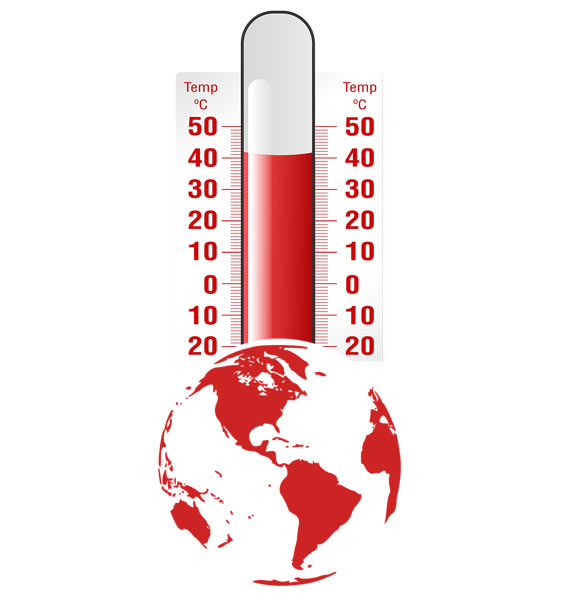
May 17, 2019; Guardian
Earlier this year, NPQ wrote about changes the Associated Press made to its style guide for journalists reporting on racism. Now, the Guardian is announcing a change to its style guide for reporting on the environment.
The guidance from editor-in-chief Katherine Viner is being shared broadly. The changes she recommends are as follows:
- Use climate emergency, crisis, or breakdown instead of climate change
- Say global heating rather than global warming
- Use wildlife (where applicable) rather than biodiversity
- Say fish populations rather than fish stocks
- Climate science denier or climate denier should replace climate skeptic
Viner says the goal is to “accurately reflect the phenomena” in a way that’s both scientifically precise and clear to readers. The older terms aren’t banned precisely, but Guardian writers who seek to use them—say, for SEO purposes—should think twice and then clear their choice with the audience team.
Sign up for our free newsletters
Subscribe to NPQ's newsletters to have our top stories delivered directly to your inbox.
By signing up, you agree to our privacy policy and terms of use, and to receive messages from NPQ and our partners.
This follows a more general strengthening of civil society’s approach to the issue, as is reflected in the “extinction rebellion” movement in the UK. It also follows a strongly written article by Mark Hertsgaard and Kyle Pope, published on April 22nd in the Columbia Journalism Review and the Nation. It is aptly entitled, “The media are complacent while the world burns,” and reads in part:
At a time when civilization is accelerating toward disaster, climate silence continues to reign across the bulk of the US news media. Especially on television, where most Americans still get their news, the brutal demands of ratings and money work against adequate coverage of the biggest story of our time. Many newspapers, too, are failing the climate test. Last October, the scientists of the United Nations’ Intergovernmental Panel on Climate Change (IPCC) released a landmark report, warning that humanity had a mere 12 years to radically slash greenhouse-gas emissions or face a calamitous future in which hundreds of millions of people worldwide would go hungry or homeless or worse. Only 22 of the 50 biggest newspapers in the United States covered that report.
Instead of sleepwalking us toward disaster, the US news media need to remember their Paul Revere responsibilities—to awaken, inform, and rouse the people to action. To that end, The Nation and CJR are launching “Covering Climate Change: A New Playbook for a 1.5-Degree World,” a project aimed at dramatically improving US media coverage of the climate crisis. When the IPCC scientists issued their 12-year warning, they said that limiting temperature rise to 1.5 degrees Celsius would require radically transforming energy, agriculture, transportation, construction, and other core sectors of the global economy. Our project is grounded in the conviction that the news sector must be transformed just as radically.
“Newsroom managers have failed to see the climate crisis as fundamental, all-encompassing, and worthy of attention from every journalist on their payrolls,” Hertsgaard and Pope write. The article laid a path of sorts toward an April 30th conference on reframing environmental coverage, with which the Guardian partnered with the Nation and CJR.—Ruth McCambridge












